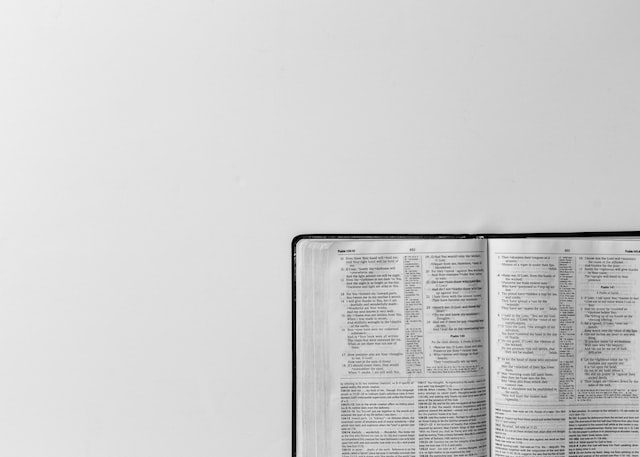A student of mine drew my attention to this story from Anthony Bloom’s Beginning to Pray:
The lives of the saints are enlightening in this respect, and in the life of St. Philip Neri just such an occasion is described. He was an irascible man who quarreled easily and had violent outbursts of anger and of course endured violent outbursts from his brothers. One day he felt that it could not go on. Whether it was virtue or whether he could no longer endure his brothers his Vita does not tell us. The fact is that he ran to the chapel, fell down before a statue of Christ and begged Him to free him of his anger. He then walked out full of hope. The first person he met was one of the brothers who had never aroused the slightest anger in him, but for the first time in his life this brother was offensive and unpleasant to him. So Philip burst out with anger and went on, full of rage, to meet another of his brothers, who had always been a source of consolation and happiness to him. Yet even this man answered him gruffly. So Philip ran back to the chapel, cast himself before the statue of Christ and said “O Lord have I not asked you to free me from this anger?” And the Lord answered “Yes, Philip, and for this reason I am multiplying the occasions for you to learn.”
There are lessons to be learned here about prayer:
One, when you pray to become a better person, get ready for a learning curve.
Two, prayer is often the beginning of an experience that is not just about prayer.
Three, prayer isn’t just about asking for something, it is about heightened awareness of “the things of God.” It’s about tuning in, paying attention, living it out.
Finally, as they say, “be careful what you pray for.” God is not a vending machine. God is a fellow sufferer, companion, teacher, comforter, and guide. Some prayers uttered at the bottom of a mountain are only answered through a long climb to the summit.












